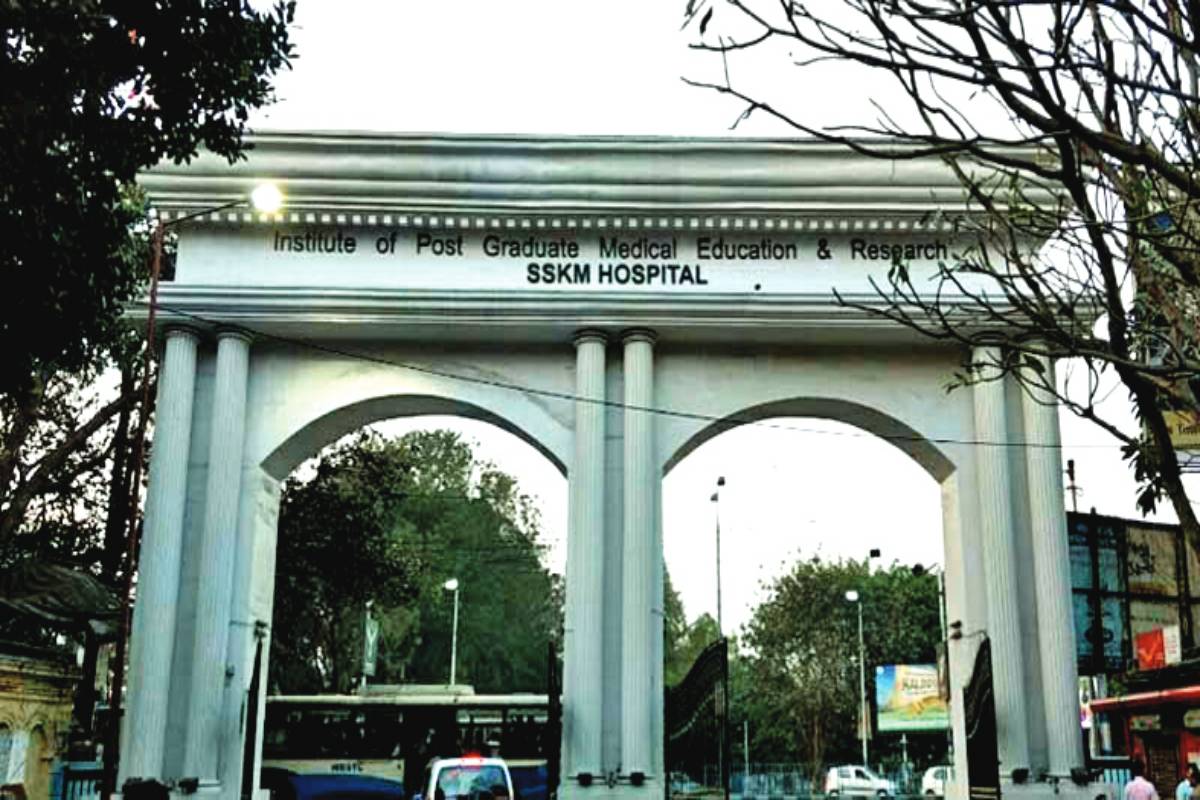Sujoy Krishna Bhadra at SSKM after fainting in correctional home
Mr Bhadra fell ill before he was scheduled to be produced before the special court of the Enforcement Directorate (ED) probing the multi-crore rupee scam.
The implant could be done at any age but for children born with hearing impairments early detection could help them develop normal speech.

Doctors in the ENT department at SSKM Hospital, eastern India’s premier post-graduate institute of medical education and research, achieved a new milestone today by performing 100 Cochlear implant surgeries on as many deaf and dumb babies successfully.
Cochlear implant is an electronic device that restores hearing ability among people suffer from hearing loss even after using aids. Bilateral implantation merges sound from two years so that a child’s hearing ability is better than with one implant alone.
Advertisement
Dr (professor) Arunava Sengupta, head of the Institute of Otorhinolaryngology and head-neck surgery at SSKM Hospital, said, “Today, we achieved a new milestone by performing 100 cochlear implant surgeries on a toddler successfully at our institute enabling 100 deaf and dumb babies within age group of five to speak and hear. I along with my colleagues, nurses and other support staff had started the first cochlear implant surgery on a baby in 2015.”
Advertisement
“It’s a great joy for all of us to bring back smiles in the faces of poor families of the 100 children who have undergone the surgeries in hospital during last eight years. We are thankful to the state government for providing funds required for cochlear implants on so many babies,” Dr Sengupta said.
“After implantations patients undergo speech and language therapy regularly free of cost at our institute,” an ENT surgeon of the institute said.
He said the implant could be done at any age but for children born with hearing impairments early detection could help them develop normal speech.
“Children who are unable to hear will not be able to talk either,” according to him.
In an usual course, toddlers start speaking monosyllables and bi-syllables by the time they are one-and-a-half years old. If babies do not start to speak by this age or if they do not respond to sounds, parents should see a doctor to find out if there is anything wrong with the child.
Advertisement